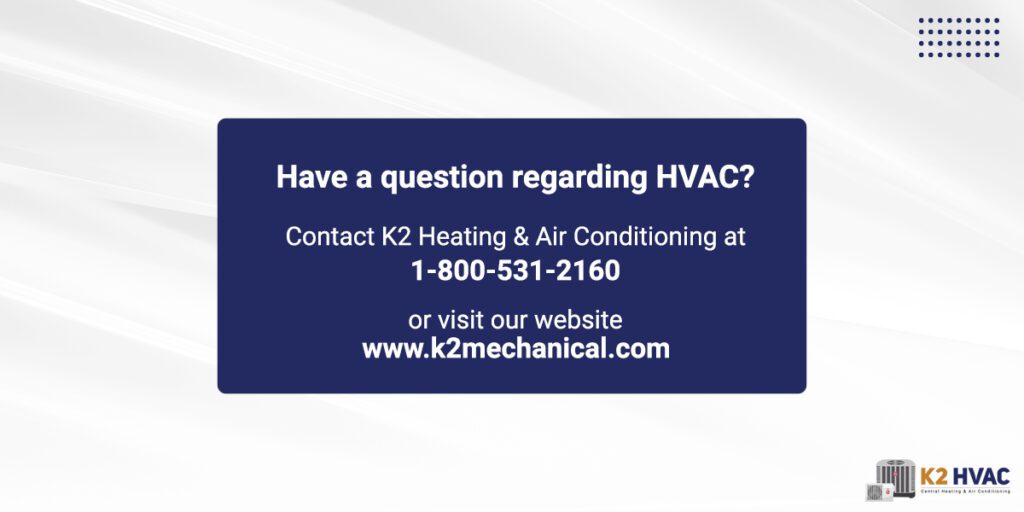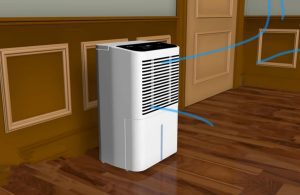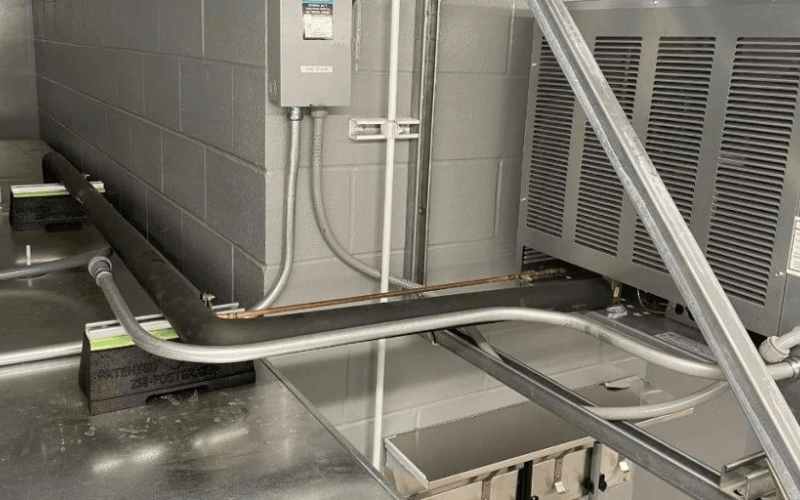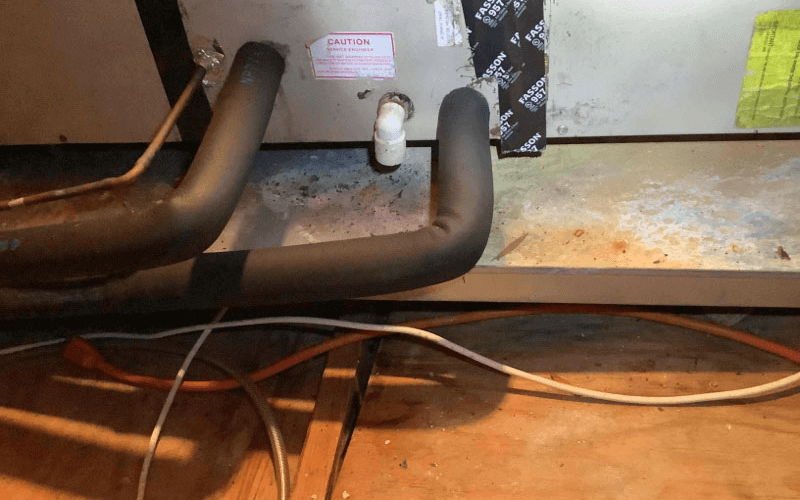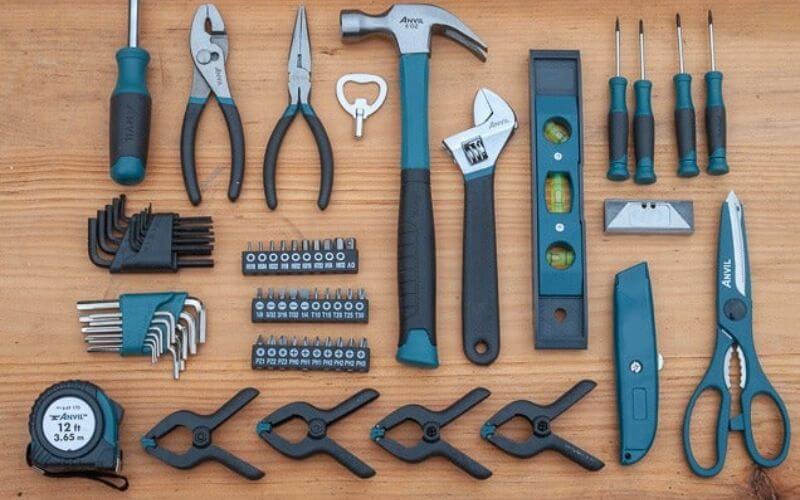If your home is like most other homes, the air quality inside is more polluted than outside. It doesn’t matter how clean you keep it, if the air outside is polluted, it will seep in through the cracks and floors. If you want to breathe purer air, then you need to invest in air filters.
Air filters are an essential part of air conditioners to keep your house clean. A dirty air filter can make a home smell bad, but it can also cause serious health problems and even damage the HVAC system. With that in mind, it’s important to know all you can about air filters so that you can choose the best one for your home.
Table of Contents
ToggleAlso check: How to Test The Air Quality in Your Home
Which is Better for Your HVAC System: HEPA or MERV Filters?
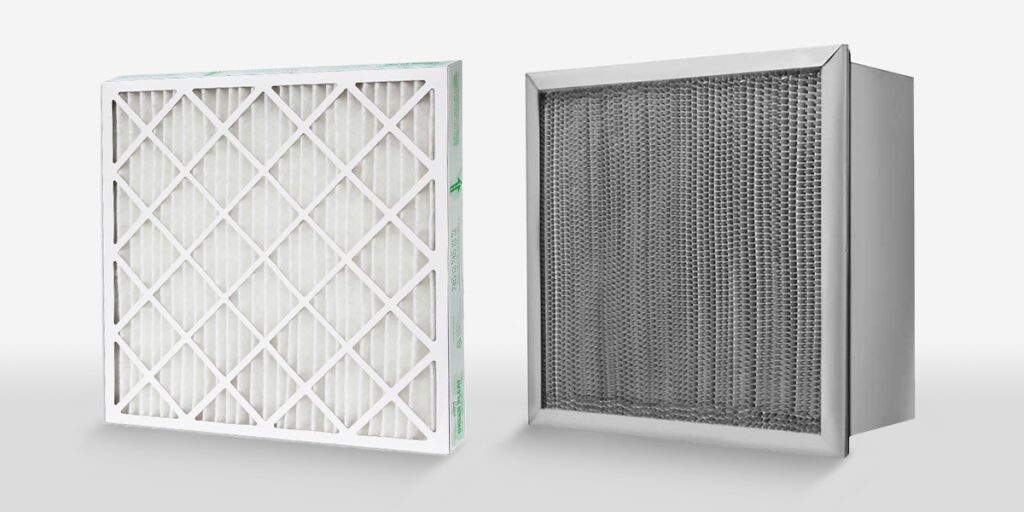
The answer to this question depends on several factors, including which filter option is chosen. The best choice for your HVAC system will depend entirely on the air quality problems you’re experiencing and what actions you can take to correct those problems.
You may be familiar with HEPA and Merv, but do you know what they mean? It is important to understand the difference between them so you can choose the best filter for your indoor air quality.
Heating, ventilation, and air conditioning systems keep you safe and comfortable. HVAC parts such as filters help them achieve this goal. Many people think that a HEPA filter is the same as a Merv filter, but this is not true. While both filters are used in HVAC units, they have different functions. Understanding their differences will help you choose which is better for your home.
What is MERV Filter?
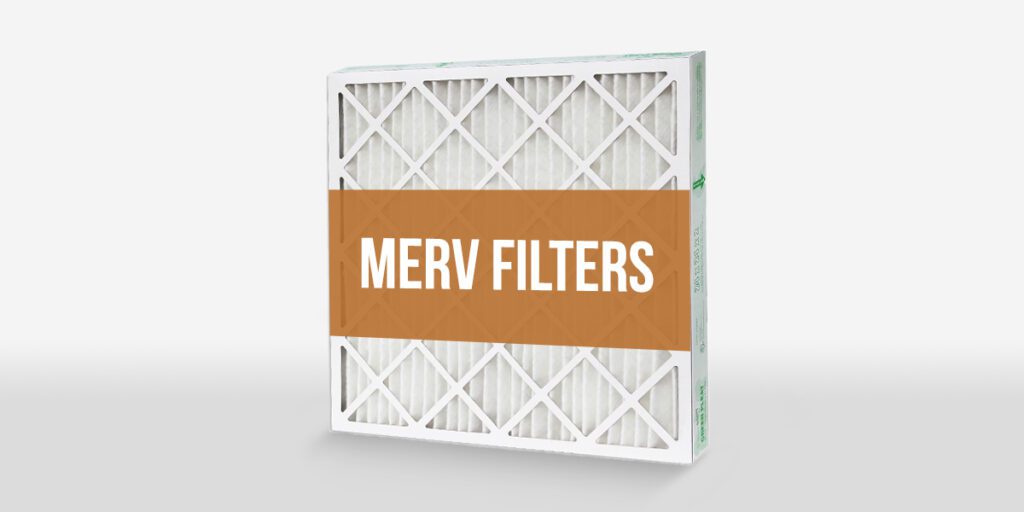
MERV stands for minimum efficiency reporting value. It is a rating system that tells you how much dust and allergens an air filter can capture before it needs to be changed. A high-ranking MERV 13 to 16 can remove up to 75 percent of all airborne particles 0.3 microns or greater from the air.
Air filters made today are almost always rated according to the MERV scale, which the American Society of Heating designed, Refrigerating, and Air-Conditioning Engineers (ASHRAE). This scale helps you choose an air filter with the right level of filtration for your space.
The higher the MERV rating, the more efficient a filter is at filtering out particles. As you can probably imagine, a higher MERV rating is better because it means that your air filter can remove more pollutants and allergens from the air in your home.
Also check: Ways To Reduce Home Allergens
What is HEPA Filter?
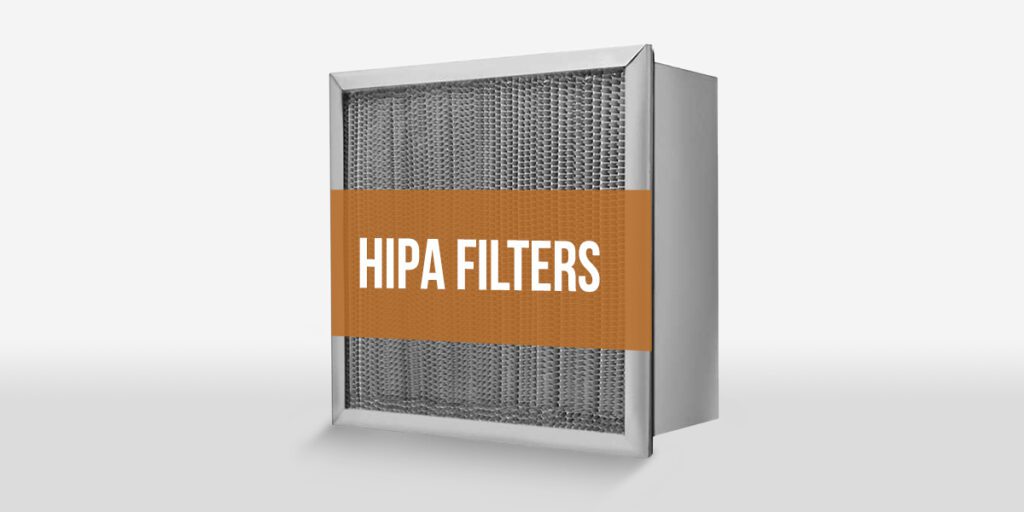
The HEPA, or High-Efficiency Particulate Air, the filter is one of the most efficient air filters in the world. It is a wide-bore, high-tech device that is made to capture as much as 99.97% of airborne particles that are more than 0.3 microns in size, which includes pollen, mold spores, and dust mites allergens. These are all things you don’t want floating around your home and circulating in your body. A HEPA filter keeps these things out, leaving you healthier and more comfortable.
Hepa filters use a technology known as “active carbon” to eliminate odors and improve indoor air quality. Standard air filters rely on more commonly used materials to remove contaminants from the air, but your quality of indoor air will improve with a HEPA filter.
A HEPA filter picks up very fine dust and dirt, down to 30-100 times smaller than the size of a human hair. Hepa filters are useful in preventing the release of airborne contaminants into your home or office environment. Not only do they prevent the spread of airborne particles, but they also help keep indoor air clean and safe for families.
Filters may cause the air conditioner to blow out the water. If you face the problem, try changing your air filter.
Conclusion:
HEPA filters are the best for residential or commercial use, followed by MERV 13-16 filters. However, because the airflow restriction of these filters causes a pressure drop, ventilation system capacity must be considered before using them. In cases where the ventilation system is insufficient to handle high-efficiency air filters, you can use a portable air cleaner. It is also possible to upgrade to at least MERV 13 with an existing ventilation system.
You may be surprised to learn that HEPA and MERV filters have unique pros and cons, which should be considered when making your purchase.
You can contact our team today by calling or visiting our website for more information about how we can help with all your HVAC system needs!
